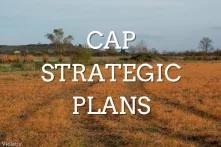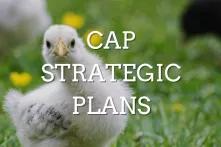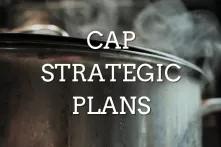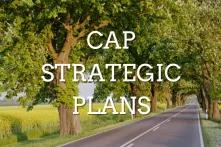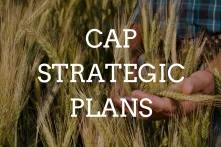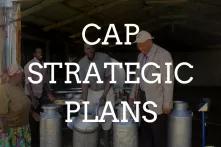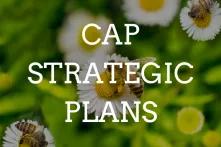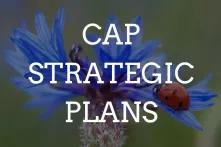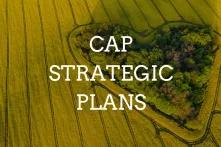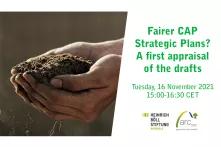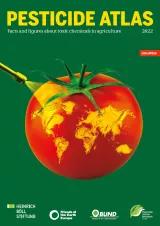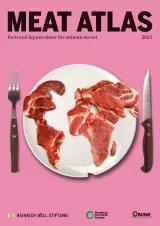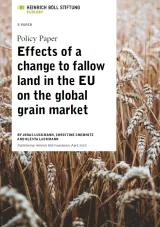Dossier
CAP Strategic Plans
The reform of the EU Common Agriculture Policy (CAP) is underway. Each EU Member State is writing its National CAP Strategic Plan. Will these CAP Strategic Plans pave the way for a sustainable agriculture, forestry, and rural development – in the EU and beyond? This series of articles was produced by Agriculture and Rural Convention 2020 (ARC2020), an independent non-profit NGO focused on better farming, food, rural and environmental policy and practice in Europe and further afield, with the support of Heinrich-Böll-Stiftung European Union.


















